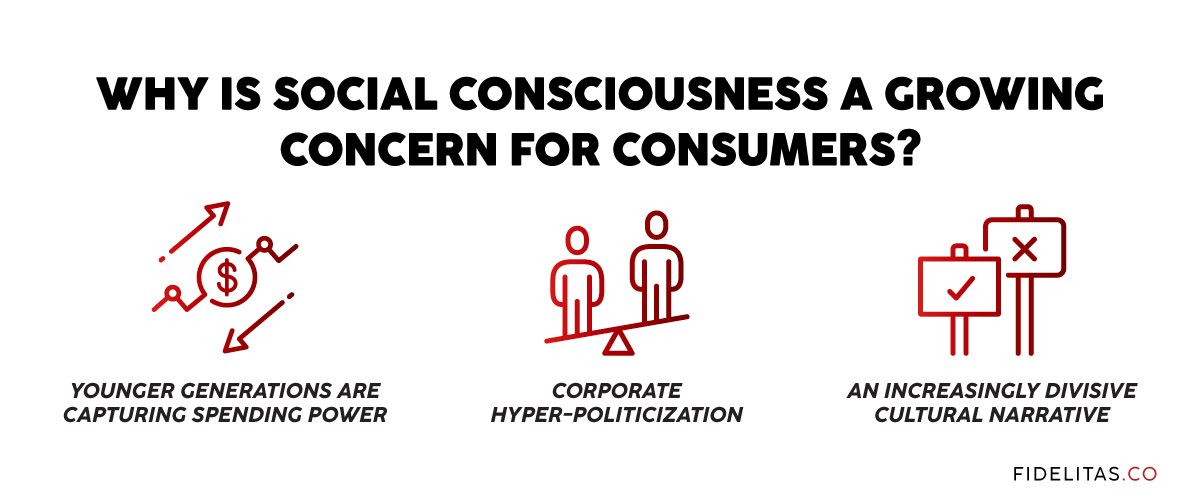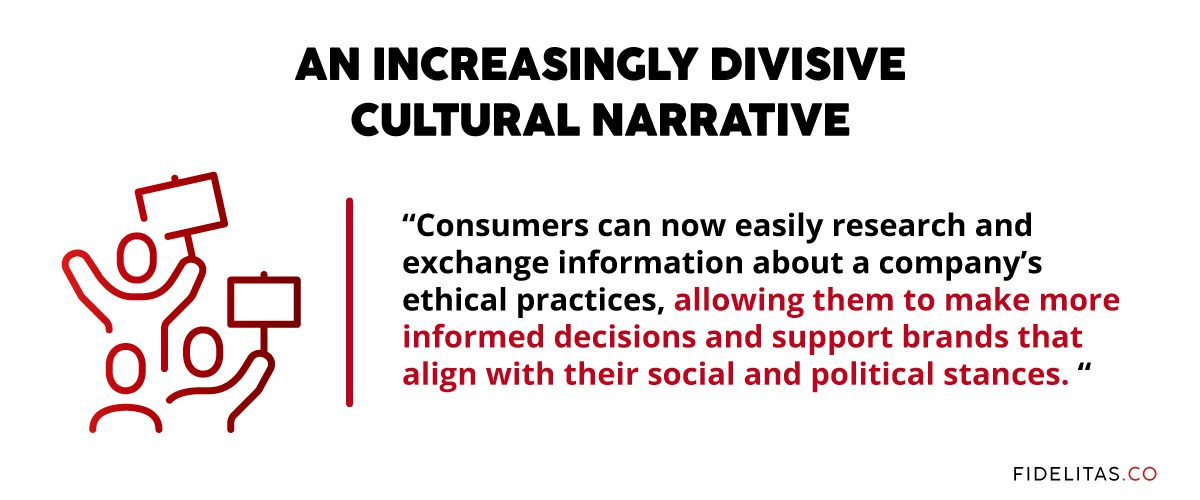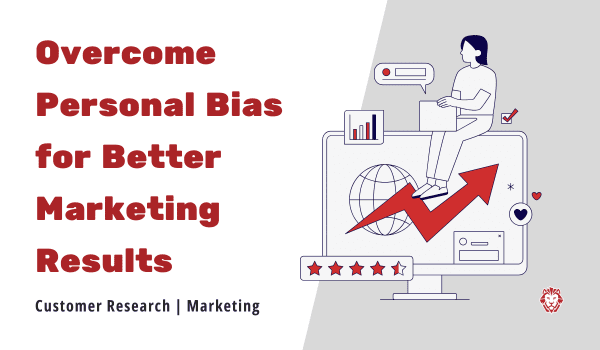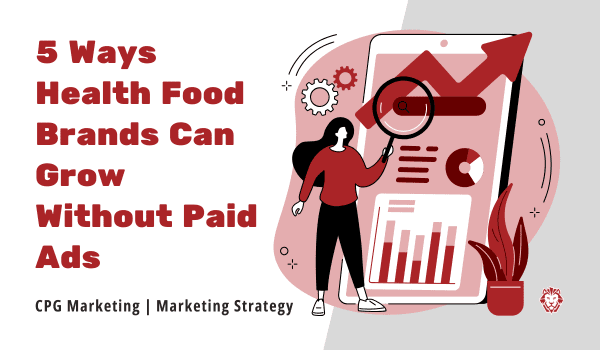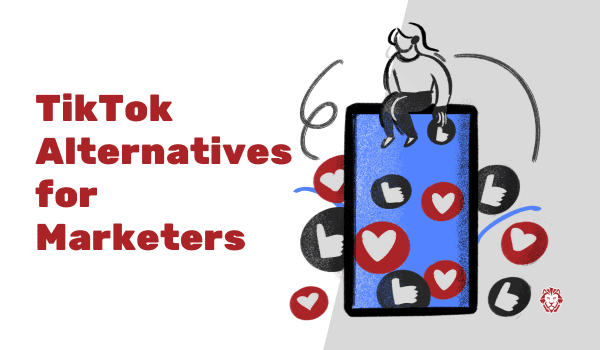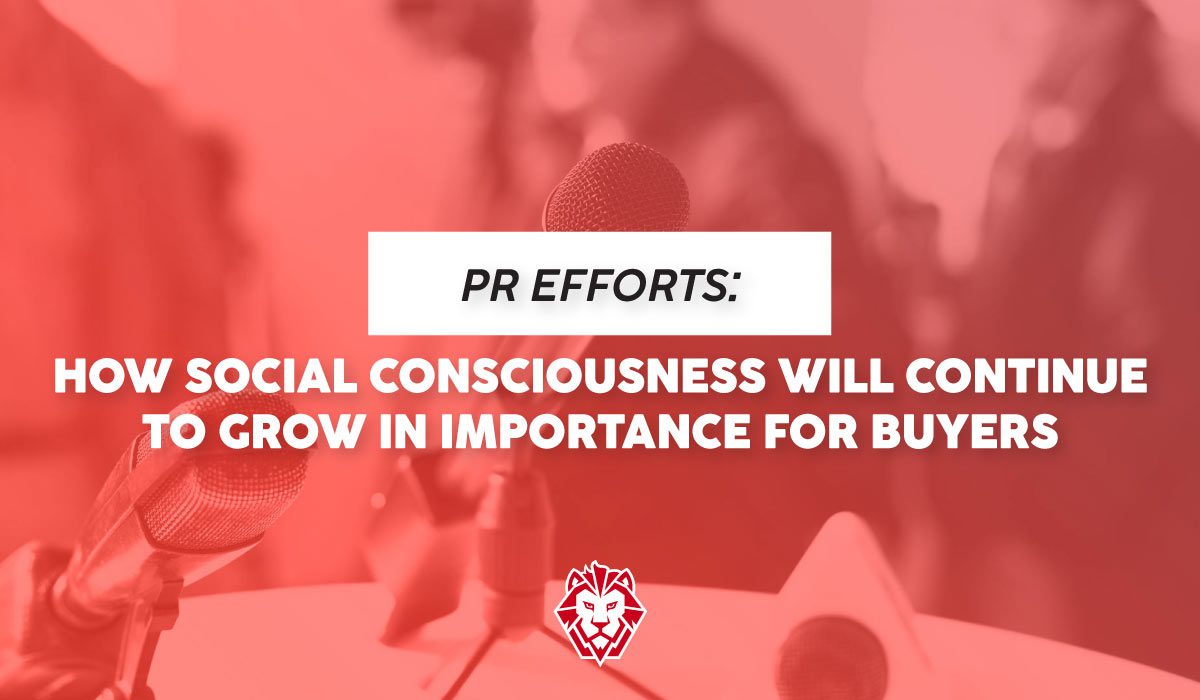
How Social Consciousness Will Continue to Grow in Importance for Buyers
“Social consciousness” is a broad and often oversimplified concept.
At a corporate level, many might be tempted to use a company’s ESG score.
What’s an ESG Score you ask?
It’s basically an analysis of a company’s exposure to environmental, social, and governance risks, to determine whether or not they are worth buying from or investing in. While this might work for vetting large corporations like Apple, Starbucks, or Raytheon, smaller businesses are unlikely to have an ESG rating.
You might also be tempted to analyze a company’s commitments to various social causes. And while consumers may have once taken companies at their word, simply saying you support something isn’t enough to convince a socially conscious consumer in 2023 and beyond.
Instead of looking at such superficial markers of social consciousness, consumers are looking deeper into how a business conducts itself. Consumers want to know how a business treats its employees, and how it impacts the areas where it operates.
When you boil it down, social consciousness is really a question of whether a company is living by the Golden Rule—do unto others as you would have them do unto you. This is a baseline for how both individuals and businesses should seek to conduct themselves. And it’s the lens through which consumers are scrutinizing businesses.
And as social consciousness continues to grow in importance for consumers, businesses should be ready to face backlash if their actions are found to be lacking.
Why Is Social Consciousness A Growing Concern For Consumers?
1. Younger Generations Are Capturing Spending Power
The increase in social consciousness is directly linked to shifting demographics. Millennials currently comprise the largest segment of adult consumers and have entered their prime spending years. While they don’t quite wield the spending power of their Gen X parents, that story will begin to change as Gen Z takes the stage. Once Gen Z, whose oldest members are 25, is all grown up, their combined spending power will begin to dwarf both Gen X and the Baby Boomer generation.
How does this demographic shift equate to an increase in social consciousness?
According to recent studies, Millennials and Gen Z are more likely to care about serious issues affecting themselves and their neighbors. Environmentalism and climate change have been at the top of this list of concerns. This incremental shift in priorities has led to both generations putting their dollars where their mouths are. Millennials and Gen Z are more likely to be influenced by a company’s commitment to a greener future when making purchasing decisions.
But that isn’t the only driver of social consciousness.
2. Corporate Hyper-Politicization
Before you start revving up your political engines to entice younger shoppers to buy into your brand narrative and adherence to particular social causes, heed this warning.
Adhering to specific political doctrines or endorsing certain social causes is a two-edged sword.
While many would characterize social consciousness as support for environmentalism or other left-wing causes, that simply isn’t the case. Causes on both sides of the political spectrum have driven support for and boycotts of businesses that consumers don’t believe are aligned with their values.
Surprisingly, one of the most potent examples of this comes from the coffee industry.
Starbucks has been a mainstay in the coffee world for over 50 years. They’re the most widespread coffee franchise in the world, with more than 35,000 stores.
The company has also consistently been subject to the ire of conservative Americans who view it as too liberal. And while Starbucks CEO Howard Schultz has been no stranger to the political arena, the corporation as a whole has remained pretty milquetoast on political issues. Sure, you might see the posts celebrating Pride Month, but as far as political affiliations go, the company has none—and Starbucks has a corporate donations report to prove it.
On the other hand, the Black Rifle Coffee Company became the poster child of conservatives while drawing the ire of liberals for similar reasons. The company’s image revolves around guns and veterans. While supporting either of those issues isn’t necessarily only for conservatives, that hasn’t stopped either side from dumping cash into the business or viewing it with complete and utter contempt.
3. An Increasingly Divisive Cultural Narrative
The U.S. has been politically divided for decades, but the staunch differences in lifestyle, beliefs, and even culture haven’t been this staunch at any point in our lifetimes. There is a palpable animosity between the party faithful on each side. And the demand for complete allegiance to either party’s political orthodoxy has become commonplace in many social circles.
Political polarization prompts people to reevaluate their objectives and consider how their actions affect society. It has become harder and harder to ignore the divisive arguments and clear ideological divides that characterize the current political landscape. As a result, consumers are turning to their purchasing power as a means of expressing their values and effecting change.
As political division becomes more prominent, people are looking to make their voices heard through their spending and have begun connecting themselves with businesses that match their values and views. The heightened awareness of societal issues, combined with the power of social media to amplify voices, has transformed the behavior of large swaths of consumers.
Social media has played a key role in affecting this change. It has amplified the effects of political divisiveness. Consumers can now easily research and exchange information about a company’s ethical practices, allowing them to make more informed decisions and support brands that align with their social and political stances. This information wasn’t largely available before the internet changed how businesses handled marketing.
It’s unlikely that the political divide in America is going to be healed anytime soon. As each side digs in its heels, consumers are going to continue leveraging their purchasing power as a means of expressing their social consciousness. Businesses need to understand what is happening and what is at stake. Regardless of which side of the aisle your business leans, diving headfirst without any forethought is a fool’s errand. Social consciousness has to be carefully navigated.
How Should Businesses Navigate The Socially Conscious Landscape
Businesses in today’s socially conscious environment have a difficult challenge: how to deal with the ebbing and flowing of customer expectations and beliefs. Businesses must carefully assess their strategy for addressing these issues as more people prioritize social conscience in their purchase decisions. There are two paths forward that businesses should explore: they can either genuinely engage in social consciousness or they can choose to not engage in social consciousness at all and keep their marketing neutral on these divisive topics.
Genuinely Engage In Socially Conscious Business Activities
Consumers are getting better at spotting superficial attempts by companies to leverage social concerns for purely commercial gain. This “woke-washing” phenomenon has the potential to seriously harm a company’s reputation and turn off discerning customers.
Businesses must match their beliefs with concrete actions if they want to effectively engage with socially conscious consumers. Giving social concerns lip service is not enough; real participation calls for significant contributions and lasting change. Consumers are looking for proof of real efforts that go beyond hollow rhetoric and platitudes. They want companies to actively promote causes, employ moral standards in all aspects of their operations, and have a beneficial influence on society.
By staying true to their values and demonstrating a genuine commitment to social issues, businesses can build trust and foster deep connections with their customer base. This, in turn, leads to increased brand loyalty, positive word-of-mouth, and a competitive edge in the market.
It’s hard to overemphasize the dangers that “woke-washing” can have for companies who try to cash in on the heightened sense of social consciousness. Customers are becoming more suspicious and quick to expose dishonest attempts to use social consciousness for gain or notoriety. When companies are accused of taking advantage of social concerns without sincere commitment, it harms both their reputation and customer trust. Such errors can have serious repercussions in a time of increased scrutiny and social media amplification.
To prevent woke-washing, corporations should prioritize real, long-term commitment to social problems above opportunistic, short-term efforts. This necessitates a thorough awareness of the problems at hand, as well as continuing education and active engagement in pertinent discussions. Transparency and honesty in communication are vital for ensuring that consumers regard a company’s involvement in social consciousness as genuine and sincere.
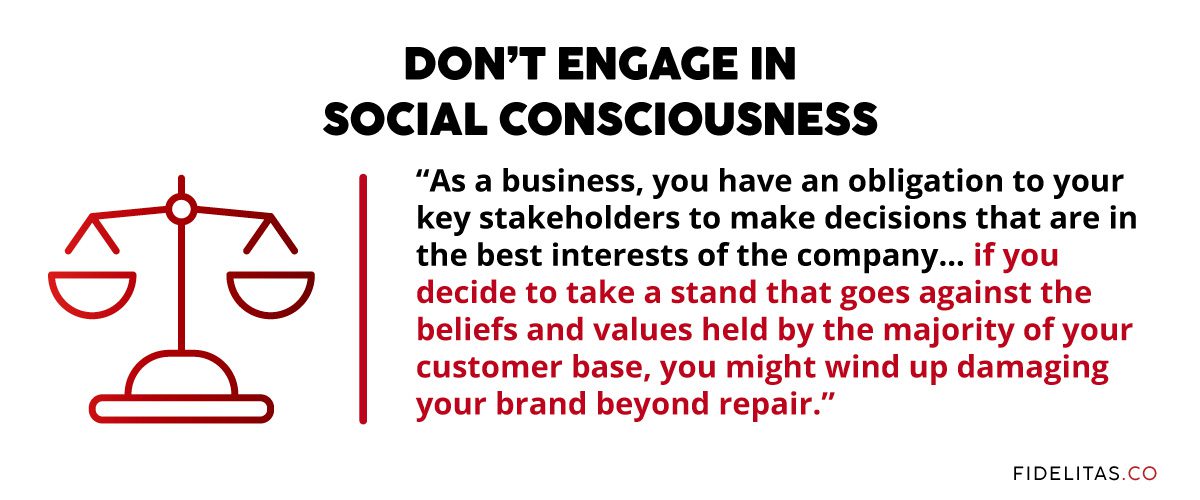
Don’t Engage In Social Consciousness
While it’s true that social consciousness is becoming more and more important to consumers (especially younger consumers), that doesn’t mean you have to engage. As a business, you have an obligation to your key stakeholders to make decisions that are in the best interests of the company. And that might mean staying away from taking a stance. If your brand is popular among a politically diverse audience, taking a stance one way or the other could alienate a good portion of your customer base.
Even worse, if you decide to take a stand that goes against the beliefs and values held by the majority of your customer base, you might wind up damaging your brand beyond repair. Fortunately, we have a recent example of why engaging in social consciousness might be a bad idea for your brand: Anheuser Busch.
Anheuser’s Social Consciousness Nightmare
At the beginning of April 2023, a one-off collaboration between Bud Light and transgender activist Dylan Mulvaney was unveiled when the influencer posted a video showing her face on cans of Bud Light. This collaboration was apparently done to celebrate the one-year mark of Mulvaney’s transition, and the partnership came as Bud Light’s VP of Marketing felt that the brand needed to take steps to stay relevant and survive.
What’s important to note here is that the Bud Light brand is heavily reliant on its conservative customer base. Bud Light isn’t the beer of choice in liberal metroplexes where IPAs are the flavor of the year, Bud Light has a reputation as the beer of blue-collar workers.
Suffice to say, Bud Light’s conservative customer base was not very happy with this socially conscious marketing ploy. A large-scale boycott ensued and has been widely hailed as the most successful conservative boycott of this generation. Bud Light sales are tanking, Anheuser Busch’s stock is dropping, and financial institutions even downgraded their stock.
InBev has tried to walk back their partnership and expressed regret over the backlash. This only made things worse, as now liberals are upset with the brand and are questioning whether their support for Mulvaney was sincere. Clearly, it wasn’t, and now Anheuser can do nothing but wait out the storm and hope the Bud Light brand can recover.
This should serve as a lesson in how not to execute socially conscious marketing. InBev either forgot who their market was or was trying to cash in for some social brownie points. Neither is a good look for the company.

Make A Plan For How Your Business Will Engage With Socially Conscious Consumers
To successfully navigate the socially conscious landscape, businesses need to develop a well-thought-out plan. Start by conducting a thorough assessment of your brand values and identifying the issues that align with your mission and resonate with your target audience. This will serve as the foundation for your engagement strategy.
Many consumers are seeking genuine, authentic engagement from businesses that align with their values, but merely paying lip service is not enough; sincere commitment and tangible actions are key. And remember, it would be better to not engage with social issues at all than to feint support in order to make a quick buck. Consumers will see right through the facade, and they’ll make you pay dearly for it.
It is also critical to modify your marketing plan in order to effectively engage socially conscious consumers. This necessitates the use of professional marketers who understand the subtleties of the marketplace and can assist you in navigating the obstacles and possibilities it brings. Consider partnering with individuals that specialize in linking companies with socially aware customers to optimize your potential impact.
At Fidelitas, we have a team of experienced marketers who understand the importance of social consciousness and can help your business develop a customized approach. Our expertise lies in crafting authentic, values-driven marketing strategies that resonate with socially conscious consumers.
Contact us today to discuss how we can collaborate and elevate your brand’s engagement with this growing consumer segment.

